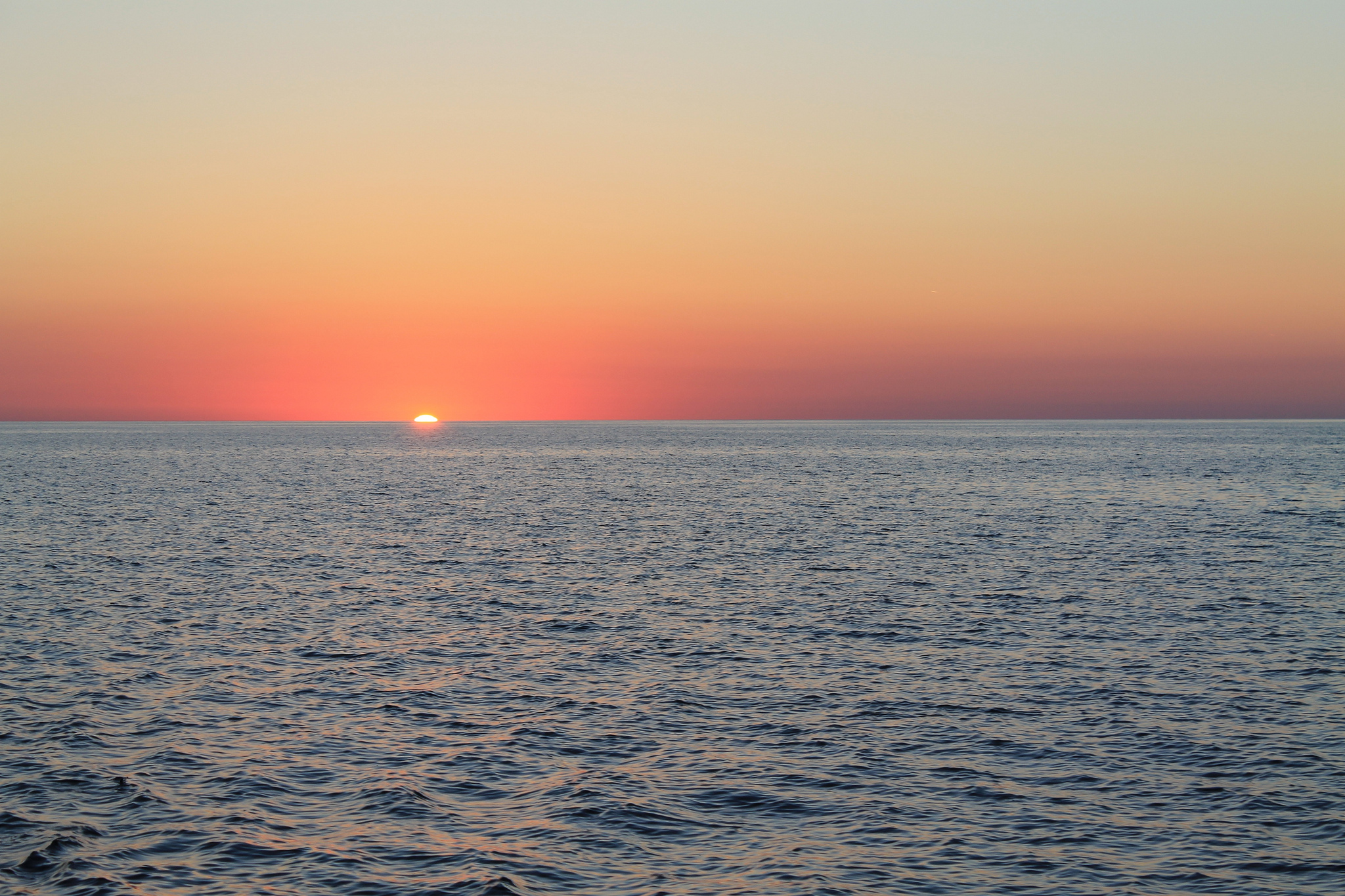
Climate change: why Mediterranean cities need to become resource efficient
Mediterranean countries are among those standing on the frontline of climate change. Environmental and economic risks such as sea-level rise and drought are sure to compound the ecological deficit that the Mediterranean region is already experiencing.
According to the analysis of Global Footprint Network, Mediterranean countries currently use 2.5 times more renewable resources and ecological services than their ecosystems can renew. The impact includes depleted fish stocks in the sea and carbon accumulating in the atmosphere.
An area in which Mediterranean countries may consider taking action is food. The world-famous Mediterranean diet – heavy in vegetables, fruits, and olive oil – is not only healthy; it is less taxing on the environment. As consumption of meat and processed foods rises around the Mediterranean - thus causing a drift away from the region’s traditional diet of local residents - a renewed focus on the region’s culinary heritage could help lighten the load on the world’s natural resources while boosting people’s health.
[Full article here | Photo by Patrick Nouhailler]







